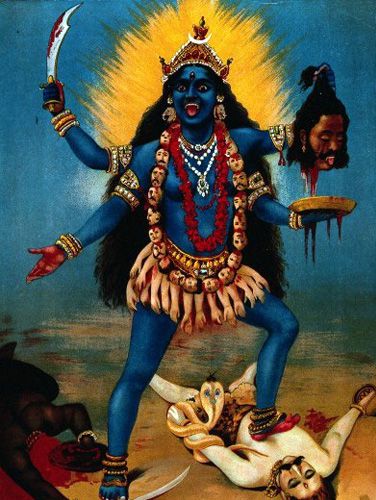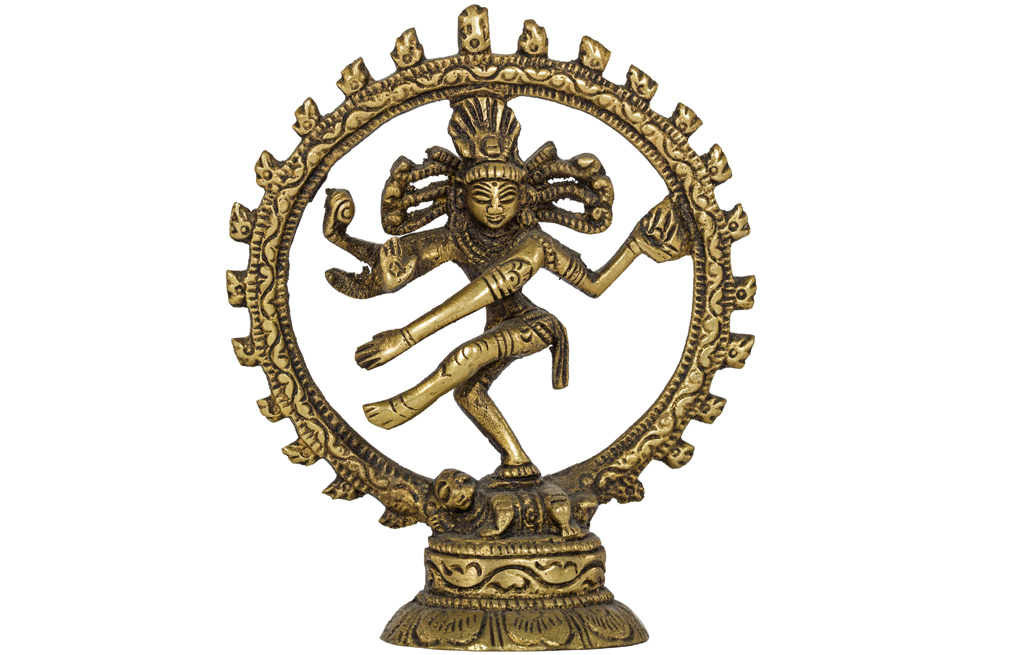A fekete energiák, harag, ítélet oldója, segít, hogy a félelem és szorongás helyett az öröm felszabadult táncát járhassuk.
A harag, félelem, ítélet és lelki fájdalom tisztítója
Teremts magadnak legalább fél óra szabadidőt, amikor magaddal tudsz foglalkozni. Ezt szenteld a saját életednek.
Helyezkedj el kényelmesen, lazíts, relaxálj néhány percig.
Imádban kérj védelmet, támogató és védelmező energiát, kérd mindannak az eltávolítását, ami már ártó, hátráltató, ami nem vinne előrébb. Vágjon le és távolítson el sok szeretettel az életedből, környezetdből minden olyan személyt, helyzetet, körülményt, ami már hátráltat az életfeladatod útján. Gyógyítsa be mindezek helyét szeretettel, kedvességgel, ölelő békességgel.
Ezáltal számos új ajtó nyílhat majd az életedben. Hiszen már nem arra kell majd koncentrálnod, hogy hanyatt ne ess a hátadra pakolt hatalmas hátizsák húzásától. Végre a mában élhetsz, előre tekinthetsz. Felszabadultabban dolgozhatsz majd az életcélod megvalósításán.
Kali az erő, a megerősítés, a shakti istennője, Durga egy vad, harcos megtestesülése. A neve a kala, azaz fekete, idő, halál szóból származik. A halál, a pusztítás istene Siva. Kaliban igen erősen megjelenik Siva energiája. Kalihoz tartozik az élet vége, amikor „eljött az idő”, a változás, a pusztítás felügyelete. Kalit gyakran ábrázolják Siva társaként. Ebben az ábrázolásban Siva a földön, Kali lábai alatt fekszik.
Fő temploma Csidambaramban, az Akasha templomtól párszáz méterre található.
A kali, fekete jelentése nem feltétlenül negatív értelmű. Hiszen őt érte a kegy, hogy már az előtt is létezett, mielőtt a fény megérkezett volna.
Mivel ő az idő és a sötétség ura, hatalmában áll elhozni a felszabadítást. Társával, Sivával a hozzá imádkozóra ruházza a tudást, az áldást, a fellendülést és a felszabadulást. Megszabadít az ego illúziójától.
A mantrát és az imát hallva az ego remegni kezd félelmében. A hozzá intézett spirituális gyakorlatok nagyban hozzájárulnak a negatív hatások alóli felszabaduláshoz.

KALI
JAVASOLT MANTRA:
A mantra közelítő jelentése:
A Krim Kali „mag” mantrája, a legerősebb hívószó, amivel megszólíthatjuk. A jelentése:
A kiejtése egyszerű:
Om Krim Kálikajé Namaha
TOVÁBBI KÉRDÉSEID VANNAK A SORSLEVELEKKEL KAPCSOLATBAN?
ÖSSZEÁLLÍTOTTUK NEKED A LEGGYAKRABBAN ELŐFORDULÓ KÉRDÉSEKET ÉS VÁLASZOKAT.
